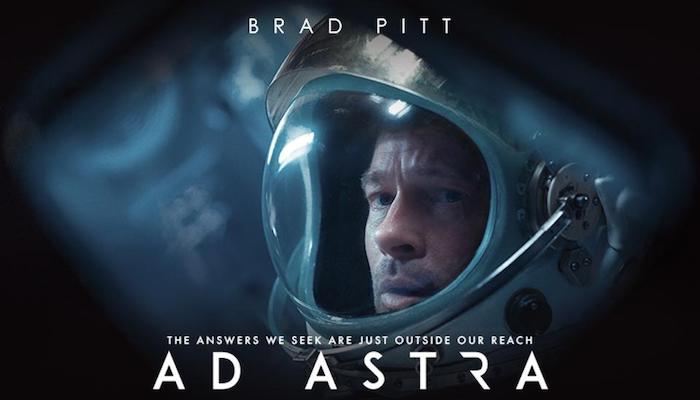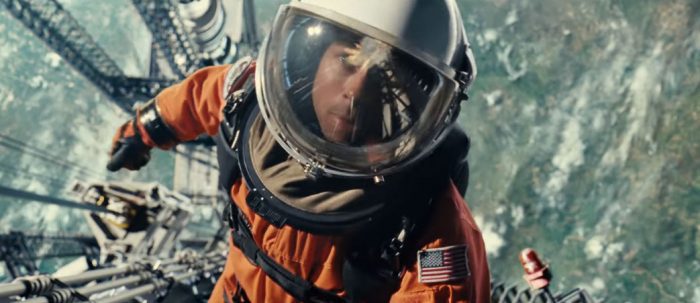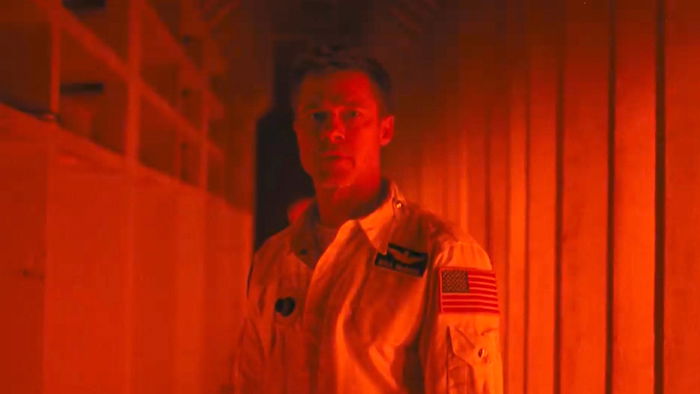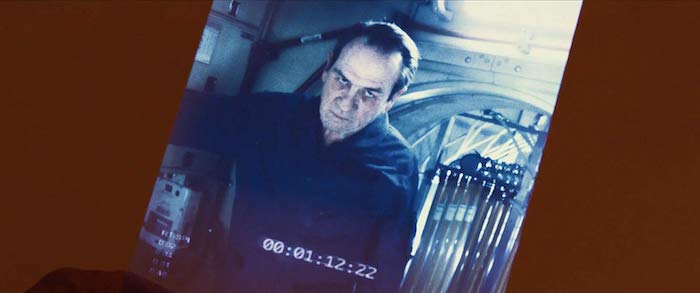Space has been the new frontier for over 50 years, and film has been dreaming of the stars ever since. And yet, the kind of low-mood, no frills or thrills personal drama hasn’t really been a part of the space-exploration narrative. Director James Gray must have seen this as an opening and decided to go for it, and that’s how we got Ad Astra, the most boring space movie that tries to be high art.
Ad Astra follows Roy McBride, an astronaut for the U.S. military and the son of famous Dr. Clifford McBride, who left on the Lima Project, which headed to Neptune in order to search for signs of intelligent life. However, a series of powerful energy storms appears to originate from the location of the Lima Project. As a result, Roy is sent to contact his father and figure out what’s happening.
Ad Astra should have been called ad nauseam because it drags on and on. The plot is about one man’s journey to connect with his father, but every step of the way is a slog. It lacks any of the romanticism that comes with space travel, but because of that, it lacks any real emotional resonance. Once Roy finally makes contact with his father, and you best believe he does, there’s no payoff, no release of tension. In this sense, I guess Ad Astra is true to life. But if I wanted disappointment and an anti-climactic ending, I would have just watched a documentary. The pacing is meant to be introspective and melancholic, but more than anything, it’s just boring.
There’s something to be said for a film set in space that couldn’t give less of a shit about being in space. In fact, the entire plot revolves around how miserable and isolated Roy is, even before he goes on this mission to find his father. And of course, it’s not everyday where a man gets to both symbolically and literally let his father go after realizing that said father never loved him and has none of the answers he wanted. It all feels a little heavy-handed, as if you could chart the progression of Roy’s feelings of abandonment on a clinical chart. And this is coming from someone who spent the better part of my Master’s degree studying trauma in fiction.
This is very much the Brad Pitt solo show, and if we were to look at it like a showcase of his talent, then you can’t help but be impressed. Pitt does blend into this unsatisfied, angry, traumatized character with the kind of ease that is almost scary when you finally snap back to reality. While the dialogue occasionally makes him sound a little wooden, he really feels like the kind of beaten down man living under the shadow of a colossus of a father he never understood. You must believe this is going to get him an Oscar nomination, and maybe even a win, as per the Academy’s usual voting patterns.
Tommy Lee Jones as Clifford McBride is definitely underutilized, especially given that he’s the emotional center of the film, but his performance as the single-minded, cruel father does make an impact. Ruth Negga plays the facility director on Mars and her emotional turn as the daughter of two astronauts on the Lima Project definitely lifts the movie for even just a few minutes. And of course, we have always-an-astronauts-wife-but-never-an-astronaut Liv Tyler as Eve, Roy’s ex-wife who he reconnects with at the end of the film, but she just sort of exists rather than being a real character.
Now, that’s not to say that this film is a total wash. The cinematography is simply stunning, with some of the most beautiful shots of space that will leave you in awe. The technology also looks very cool, bridging the gap between futuristic and familiar. The way Gray plays with lightning is also fascinating and will likely find a home in film school curriculums in a few short years. There are also some strong action set pieces, such as Roy falling from the tower and onto Earth or a very, very distressing May Day call. The design of the ships and space stations are also superb. It almost makes you wish they were used for a better movie.
Overall, Ad Astra is a well-shot, mostly well-acted movie that feels like it should be better, but it’s just a two-hour long drudge to a poor climax. I would say it’s worth watching if just for the gorgeous visuals but given that I couldn’t wait to get out of my seat during the third act, I’m not sure that would be honest.
Summary
Ad Astra is a feat of great cinematography, making the space feel as dark and isolating as it is awe-inspiring, but save for some stellar performance, it devolves into an anticlimactic slog.





